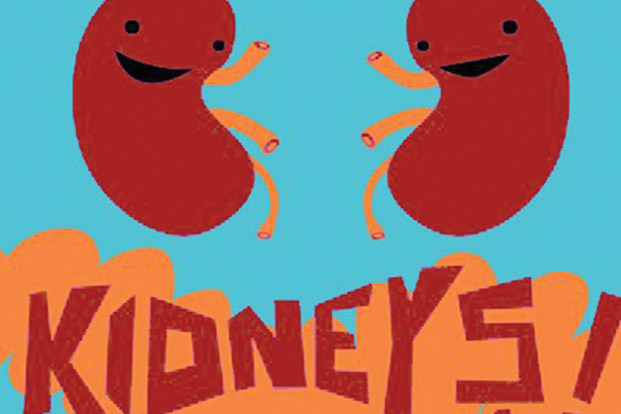What Functions Do Your Kidney’s Perform
Apr 19, 2022
Kidneys are vital organs of our body and perform several important functions. Most of us are well aware of heart attack, brain attacks, however health issues associate with kidneys have remained neglected for many years and with growing incidence of kidney disease, awareness about kidney health and preventive aspects is important.
A human body has two kidneys placed on either sides of the lumbar vertebra at the back. However, sometimes there is a congenital (since birth) absence of one kidney however these individuals can still lead a normal life.
Of the several functions which kidneys perform, some are:
- Remove toxic wastes from the body
- Maintain water and electrolyte (sodium, potassium, calcium etc) in body
- Production of blood
- Vitamin D production
Know what your kidney’s do:
- Removal of toxic wastes:
Both the kidneys together filter approximately 180 liters of blood per day. The toxic substances are generated round the clock through the process of metabolism and Xenobiotics. Kidneys filter the blood and remove toxic substances in the form of urine and the pure blood is sent to circulation. If kidneys perform less function these toxic substances start getting accumulated in the blood and affect nearly all the important organ of out body like – Heart, brain, nerves, muscles etc. These toxins there produce various symptoms.

- Maintenance and water electrolytes
Kidneys play an important role in water regulation. There are sensors which detect water deficiency or excess. If there is water deficiency, we tend to pass less urine which is highly concentrated and if there is water excess we pass more urine which is diluted. Any deficiency in kidneys can lead to water accumulation in our body which presents as swelling over feet or face and if left ignored can progress to breathlessness on exertion.
Kidneys also play an excellent role in balancing various electrolytes in our body viz. sodium, potassium, calcium, phosphorus to name a few. Impairment in kidney function can lead to either deficiency or excess of these electrolytes which can be life threatening.
- Production of Red Blood Cells:
Kidneys produce a hormone called Erythropoietin which is used in production of RBC (Hemoglobin). Deficiency of kidney function leads to decreased production of this hormone and hence anemia is a common feature in patients of kidney failure. This hormone needs to be replaced by injections.
- Vitamin D Production:
Kidneys are also the source of active vitamin D synthesis. Impairment of kidney function leads to vitamin D deficiency and bones in kidney failure patients become weak and fragile. This hormone needs to be supplemented externally. It also another hormone called Parathyroid Hormone which is responsible for health of the bones.
The functions mentioned above are the tip of the iceberg and that are many other associated problems when kidney function declines.


